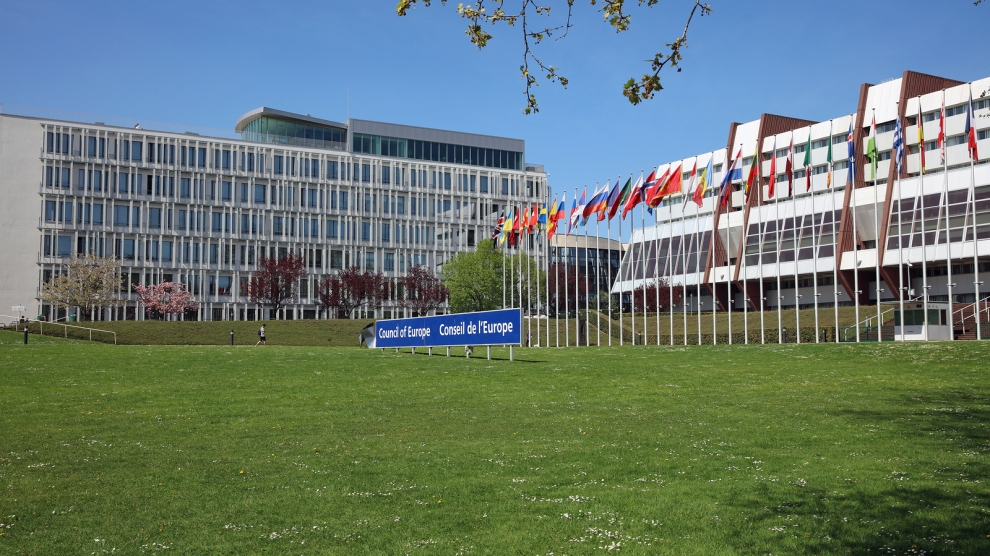In a new report released on August 9, the Council of Europe’s anti-corruption monitoring body GRECO finds that Macedonia has made no substantial progress in implementing recommendations on preventing corruption among MPs, judges and prosecutors.
Calling the country’s performance at this stage “clearly disappointing,” GRECO urges the Macedonian authorities to take more determined and focused action in respect of a number of recommendations made over four years ago. The report finds that only six of the 19 recommendations have been implemented satisfactorily. Of the remaining recommendations, eight have been partially implemented and five have not been implemented at all.
Of most concern is that none of the recommended improvements with regards to MPs have been implemented even partially, with the exception of the elaboration of a code of conduct for parliamentarians.
As for judges and prosecutors, the report finds that the country has made some limited progress, pointing out the adoption of the amendments to the Law on the Judicial Council (in December 2017 and May 2018). GRECO also notes that new advisory and supervisory bodies are being created for judges and prosecutors to support the implementation of their respective rules of conduct in daily practice, but it will need to reassess these improvements when more specific information becomes available.
When it comes to the system of declarations of assets and interests, GRECO regrets that “no meaningful development has taken place to strengthen the control function and to support a more balanced and political interference-free approach of the State Commission for the Prevention of Corruption (SCPC). Furthermore, the SCPC was itself recently embroiled in serious controversies, resulting in a majority of its members resigning amid allegations of mismanagement of assets.”
The report concludes that the current low level of compliance with the recommendations is “globally unsatisfactory.”
Back in May the Macedonian Prime Minister Zoran Zaev was found not guilty by a court in Skopje of soliciting a 200,000 euros bribe. The prosecution had claimed that Mr Zaev, who was appointed prime minister almost exactly one year ago, had solicited the bribe in order to facilitate the purchase of a parcel of land in his home town town of Strumica, close to the Greek border. The offence was alleged to have taken place in 2015, when Mr Zaev was leader of the opposition.
In June, Macedonia was formally invited to join NATO, and told that it could begin EU accession talks next year.


Add Comment